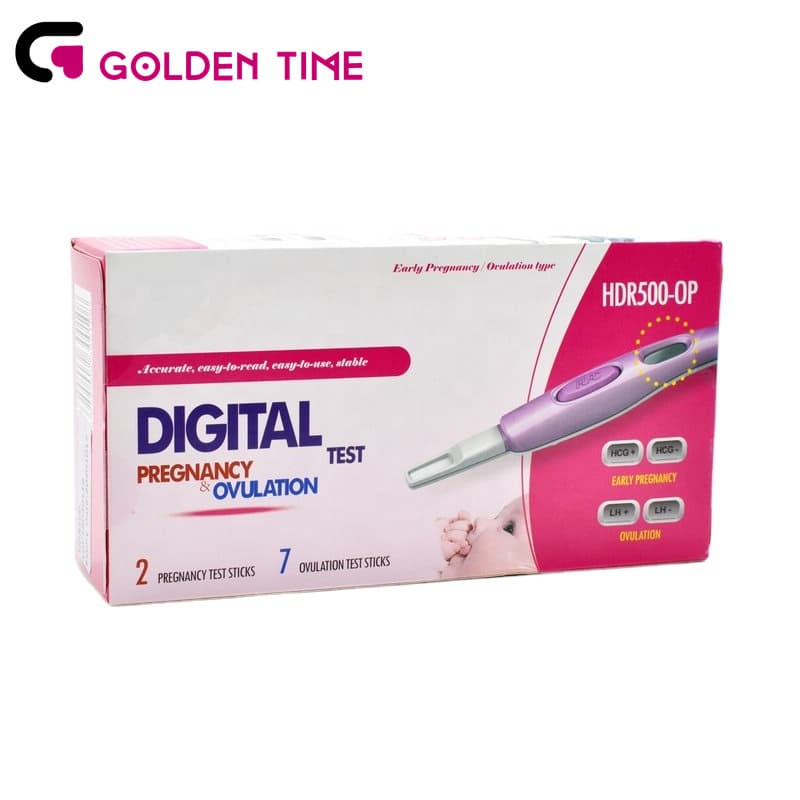ມ.ກ. . 21, 2025 03:20 Back to list
syphilis blood ab rapid test kit
Syphilis is a complex and potentially devastating disease that has seen a resurgence in recent years. Consequently, syphilis blood tests have become crucial tools in the diagnosis, management, and prevention of this infection. For anyone navigating the challenge of syphilis diagnosis, offering detailed insights into these blood tests can significantly enhance user engagement and trust.
Moreover, from the perspective of healthcare providers, addressing patient anxiety associated with syphilis testing is essential. Educating patients about the testing process and its importance in preventing long-term health complications fosters trust and compliance. Professionals well-versed in effective communication can significantly impact patient experiences and outcomes. Empirical evidence and expert guidelines emphasize syphilis blood testing as an integral facet of public health strategies. As health organizations urgently call for broader screening, especially in high-risk populations, the value of consistent and accurate testing protocols cannot be overstressed. Authority in the medical field stems from providing informed, evidence-based practices, ensuring that both healthcare providers and patients are protected and informed. Trustworthiness in syphilis blood testing also involves transparency about the implications of test results. Positive results necessitate medical intervention and patient follow-up, while negative results might still require monitoring in cases of recent exposure. Educating both patients and healthcare professionals about these nuances supports comprehensive care and curtails transmission. Incorporating up-to-date training and guidelines in syphilis blood testing practices fortifies the expertise of healthcare practitioners. This continuous learning approach ensures adaptability to evolving medical research and public health recommendations, fostering higher levels of healthcare delivery. In conclusion, syphilis blood tests are indispensable in diagnosing and managing the disease. Their correct application through a combination of non-treponemal and treponemal tests represents a synthesis of experience, expertise, authoritativeness, and trustworthiness — key elements in advancing public health initiatives and individual patient care. Delivering superior health outcomes not only requires accurate testing but also comprehensive patient education and transparent communication between healthcare providers and patients.


Moreover, from the perspective of healthcare providers, addressing patient anxiety associated with syphilis testing is essential. Educating patients about the testing process and its importance in preventing long-term health complications fosters trust and compliance. Professionals well-versed in effective communication can significantly impact patient experiences and outcomes. Empirical evidence and expert guidelines emphasize syphilis blood testing as an integral facet of public health strategies. As health organizations urgently call for broader screening, especially in high-risk populations, the value of consistent and accurate testing protocols cannot be overstressed. Authority in the medical field stems from providing informed, evidence-based practices, ensuring that both healthcare providers and patients are protected and informed. Trustworthiness in syphilis blood testing also involves transparency about the implications of test results. Positive results necessitate medical intervention and patient follow-up, while negative results might still require monitoring in cases of recent exposure. Educating both patients and healthcare professionals about these nuances supports comprehensive care and curtails transmission. Incorporating up-to-date training and guidelines in syphilis blood testing practices fortifies the expertise of healthcare practitioners. This continuous learning approach ensures adaptability to evolving medical research and public health recommendations, fostering higher levels of healthcare delivery. In conclusion, syphilis blood tests are indispensable in diagnosing and managing the disease. Their correct application through a combination of non-treponemal and treponemal tests represents a synthesis of experience, expertise, authoritativeness, and trustworthiness — key elements in advancing public health initiatives and individual patient care. Delivering superior health outcomes not only requires accurate testing but also comprehensive patient education and transparent communication between healthcare providers and patients.
Next:
Latest news
-
Dengue NS1 Rapid Diagnostic Test Kit
NewsMar.07,2025
-
Dengue NS1 Rapid Diagnostic Test Kit
NewsMar.07,2025
-
Dengue NS1 Rapid Diagnostic Test Kit
NewsMar.07,2025
-
Transferrin Rapid Test Cassette Tumor Marker TF Card
NewsMar.07,2025
-
Malaria Pf Pan Rapid Diagnostic Test Kit
NewsMar.07,2025
-
malaria pf / pan ag rapid test
NewsMar.07,2025

